Vegetables play a crucial role in maintaining good health and wellness. They are packed with essential vitamins, minerals, and nutrients that are important for the proper functioning of our body. Eating vegetables regularly helps us to maintain our body weight, reduce the risk of chronic diseases, and improve our overall health.
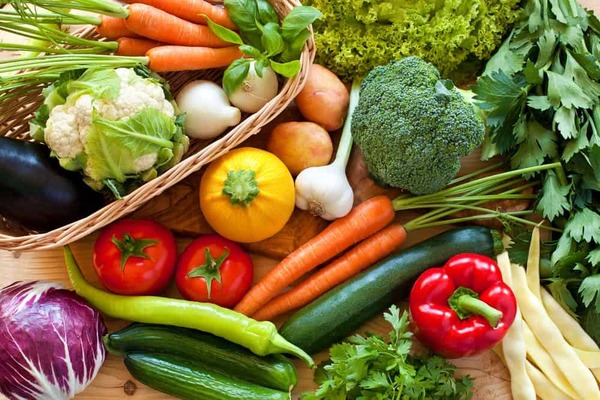
Spinach – Spinach is a leafy green vegetable that is loaded with nutrients like iron, vitamin A, vitamin C, and folate. It is also rich in antioxidants and flavonoids which help to reduce inflammation in the body. Eating spinach regularly can help to reduce the risk of heart disease, diabetes, and cancer.
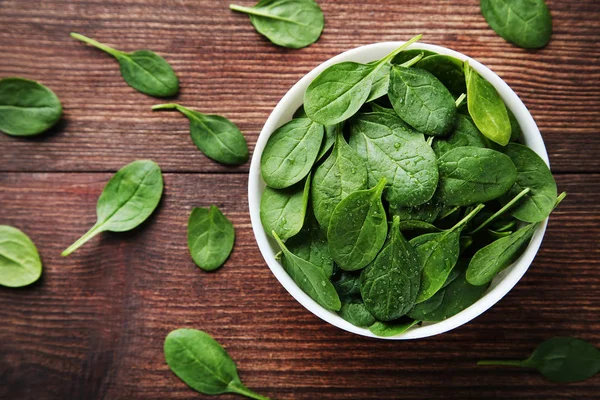
Broccoli – Broccoli belongs to the cruciferous family of vegetables which are known for their cancer-fighting properties. It is high in vitamin C, vitamin K, and fiber. Broccoli is also a good source of folate which is important for pregnant women. Regular consumption of broccoli can help to reduce the risk of cancer, heart disease, and other chronic diseases.

Kale – Kale is another leafy green vegetable that is packed with nutrients. It is high in vitamin C, vitamin K, and beta-carotene. Kale is also a good source of calcium and potassium which are important for bone health. Eating kale regularly can help to reduce inflammation and improve cognitive function.
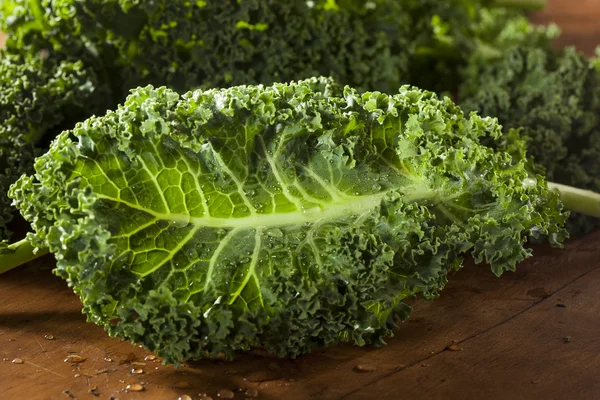
Carrots – Carrots are a root vegetable that is rich in beta-carotene. Beta-carotene is converted into vitamin A in the body which is important for eye health. Carrots are also a good source of fiber, potassium, and vitamin K. Regular consumption of carrots can help to reduce the risk of heart disease, cancer, and other chronic diseases.

Cauliflower – Cauliflower is a cruciferous vegetable that is low in calories but high in nutrients. It is a good source of vitamin C, vitamin K, and folate. Cauliflower is also rich in antioxidants which help to reduce inflammation in the body. Eating cauliflower regularly can help to reduce the risk of cancer, heart disease, and other chronic diseases.
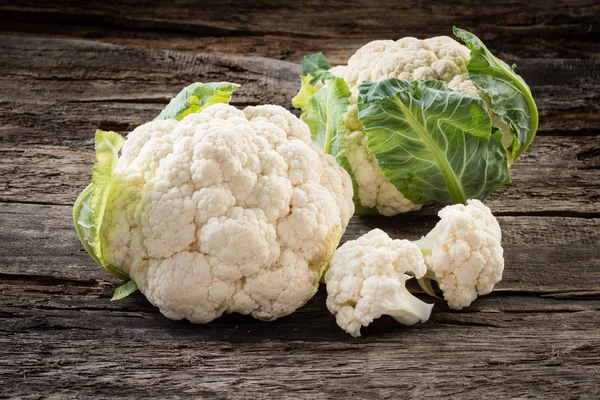
Bell Peppers – Bell Peppers come in different colors like green, red, yellow, and orange. They are a good source of vitamin C which is important for immune function. Bell Peppers are also high in Vitamin A, fiber, and potassium. Regular consumption of bell peppers can help to reduce the risk of heart disease, cancer, and chronic disease.

Sweet Potatoes – Sweet Potatoes are a root vegetable that is high in beta-carotene. They are also a good source of fiber, potassium, and vitamin C. Regular consumption of sweet potatoes can help to reduce inflammation in the body and improve cognitive function.
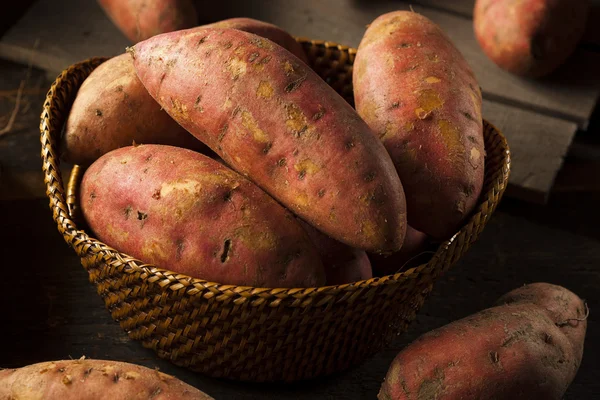
Brussels Sprouts – Brussels sprouts are cruciferous vegetables that are packed with nutrients. They are high in vitamin C, vitamin K, and fiber. Brussels sprouts are also a good source of antioxidants which help to reduce inflammation in the body. Eating Brussels sprouts regularly can help to reduce the risk of cancer, heart disease, and other chronic diseases.
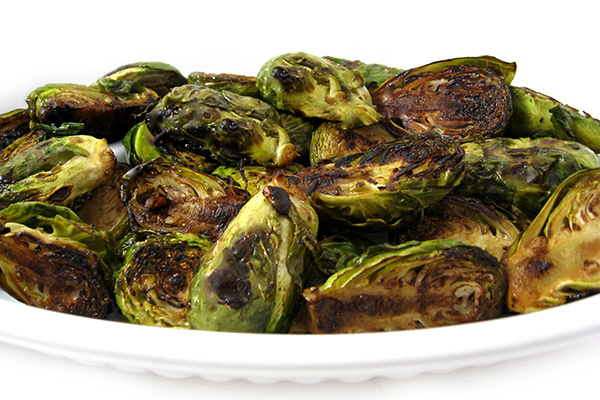
Beets – Beets are a root vegetable that is high in antioxidants. They are also good sources of fiber, potassium, and vitamin C. Regular consumption of beets can help to reduce inflammation in the body and improve cardiovascular health.
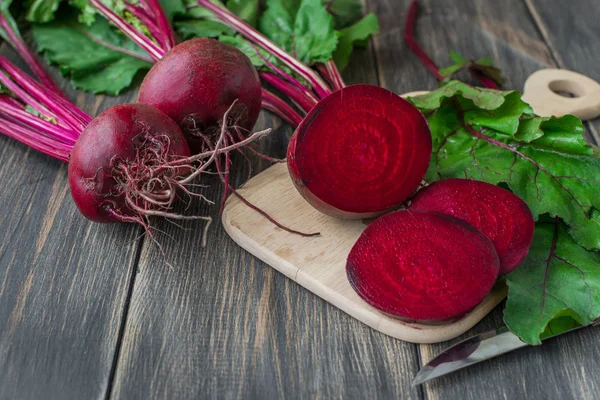
In conclusion, vegetables are a crucial component of a healthy diet. Eating a variety of vegetables regularly can help to ensure that you are getting all of the essential vitamins, minerals, and nutrients that your body needs. The vegetables mentioned above are some of the healthiest options that you can include in your diet. So, make sure to add them to your shopping cart and enjoy the benefits of good health and wellness.





